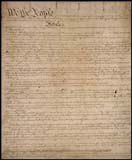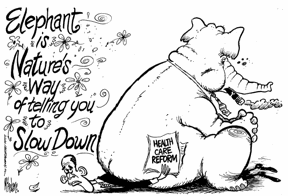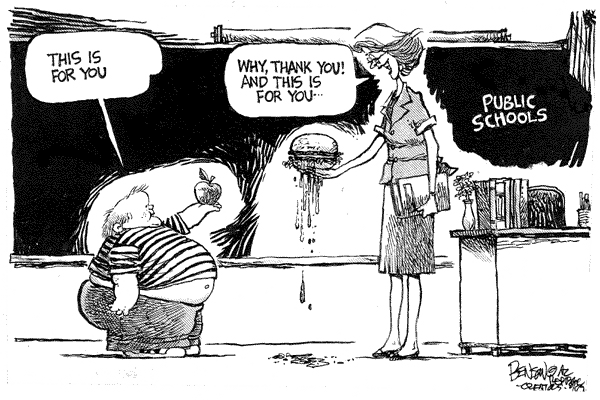>US/AZ
Government
>World History
>Nogales
High School Web Page
Class
stuff...
>A
letter to my students
>Course
Guide in PDF
>Photos
of Old Nogales
>Socartic
Seminar Grading
>The
Habits of Mind, Heart and Effectiveness
>Position Papers
Constitution
Info
>The Founders'
Constitution
>The Federalist
Papers
>Constitution Basics
>The Constitution Society
>Arizona Legislature
>Alexis de Tocqueville, Democracy in America
U.S. Government Lesson Plans
|
|||||||
| 8.12 and 8/13 |
1.Video
2. Class organization
3. Interviews with teacher while others fill in interview form, class web page assignment, read Habits articles ... |
||||||
| 8.14 and 8.17 |
1. The Habits of Mind and Effectiveness 2. U.S. Issues
3. AZ Issues
5. Interviews |
||||||
| 8.18 |
|
||||||
| 8.19 |
|
||||||
| 8.20 |
|
||||||
| 8.21 |
|
||||||
| 8.24 | 1. Random React Grade- 30 points Directions: The teacher will call on all students. Students will answer the questions:
or AZ issues from SAC is the subject. Select one issues, or I'll select it for you.
The source of this class' ideas |
||||||
8.25 |
Open | ||||||
| 8.26 and 8.27 |
|
||||||
| 8.26 | |||||||
| 8.27 | |||||||
| 8.28 | video- random standup | ||||||
| On to AZ in A Flash | |||||||
AZ Standards and Vocab focus |
Vocabulary Focus – Government Thomson |
Language Standards The student will: • Use the writing process to create formal communications and essays in various genres (persuasive essay, literary analysis narrative, research document) that are up to 10 pages and are distinguished by:(W-P1: PO1, PO2; W-P2; W-P3; W-P4; W-P5; W-P6)
The student will:
Government Standards Strand 1 PO 4. Analyze the effect of direct democracy (initiative, referendum, recall) on Arizona statehood. Strand 3 PO 8. Analyze the structure, power, and organization of Arizona’s government as expressed in the Arizona Constitution:
PO 9. Analyze the forms, structure, powers and roles of local government:
|



